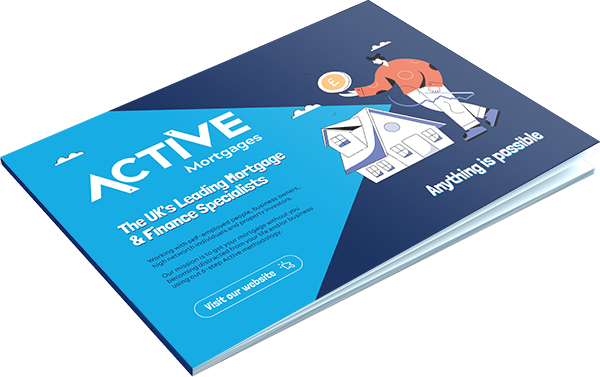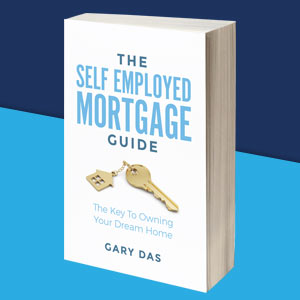The self-employed have always had a harder time getting approved for a mortgage than those who receive a regular paycheck. Lenders are often reluctant to extend mortgages to the self-employed because they view them as higher-risk borrowers.However, the situation is slowly improving. In recent years, more and more lenders have begun offering special mortgage products designed for the self-employed. And, according to a recent report from an award-winning finance website, self-employed borrowers are still half as likely to be approved for a mortgage as those who receive a regular paycheck though the gap is narrowing.The report found that nearly 77% of self-employed borrowers were approved for a mortgage, compared to 88% of traditional borrowers. This marks a significant increase from just a few years ago when self-employed borrowers were far less likely to be approved for a mortgage.There are a number of reasons why lenders have become more open to lending to the self-employed. For one thing, the self-employed have become more common in recent years. In the UK, the number of self-employed workers has increased to around 5 million.Furthermore, lenders have become better at assessing the risk of self-employed borrowers.Lenders now have access to better data and technology that allows them to more accurately assess a borrower’s ability to repay a loan. And, finally, the government has implemented new rules that make it easier for the self-employed to get approved for a mortgage since their income is often more difficult to verify than that of traditional borrowers.Despite these improvements, the self-employed still face some challenges when it comes to getting approved for a mortgage. Here are a few tips to help you get approved:
- Get your financial documents in order. When you’re self-employed, it’s important to have your financial documents ready to go. This includes tax returns, bank statements, and final accounts for limited companies. Lenders will use these documents to verify your income and assess your ability to repay a loan.
- Use a specialist self-employed mortgage adviser. A mortgage adviser can help you compare loan offers from different lenders and find the best option for your needs. Mortgage advisers typically have access to a wide range of lenders and can help you get the best deal possible, and really good ones have all the right experience and contacts in the current economic climate.
- Consider a guarantor. If you’re having trouble being approved for a loan on your own or securing the amount you need, you may want to find a guarantor. A guarantor is someone who agrees to repay the loan if you default on it. Having a guarantor can increase your chances of getting approved for a loan since it lowers the risk for the lender.


